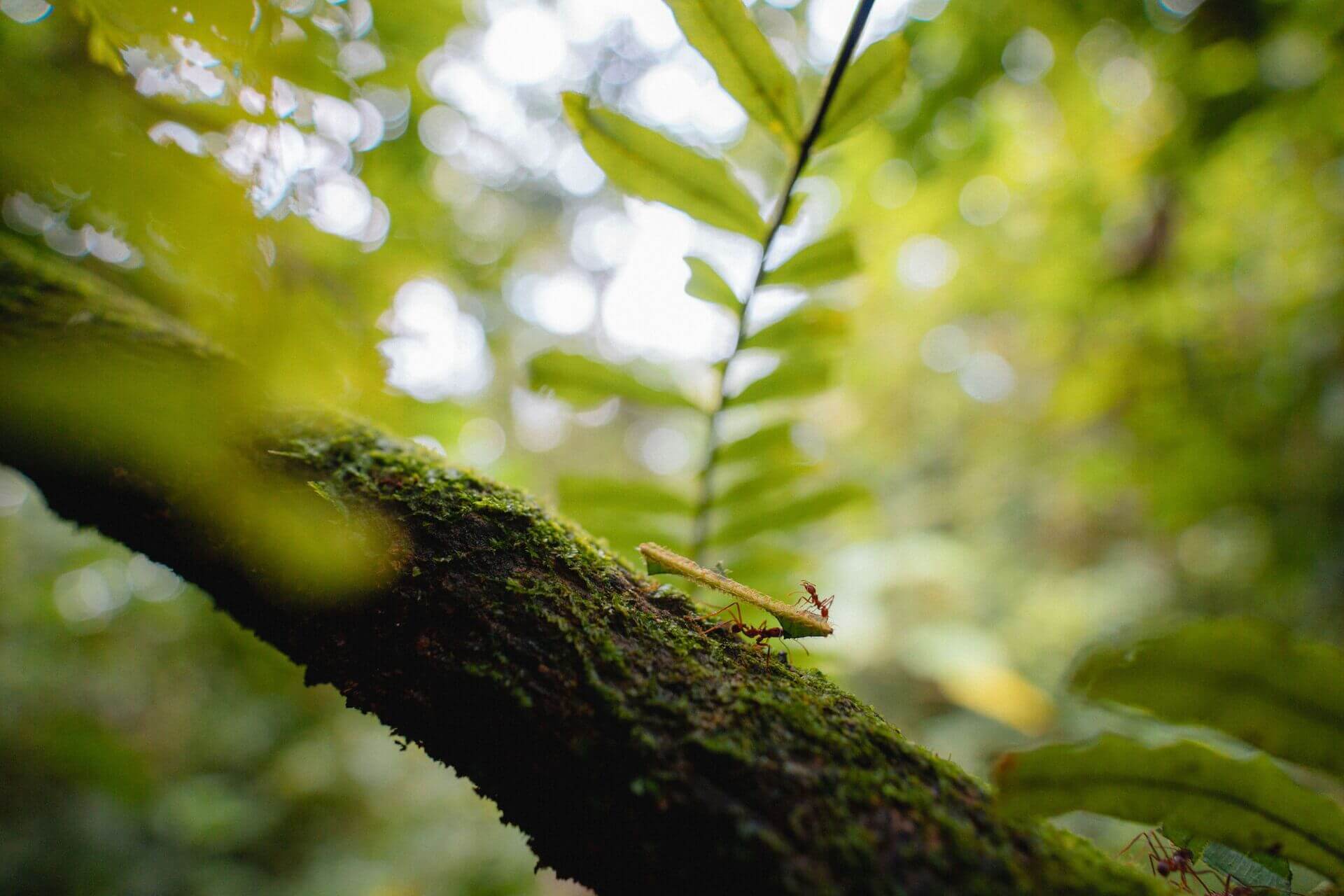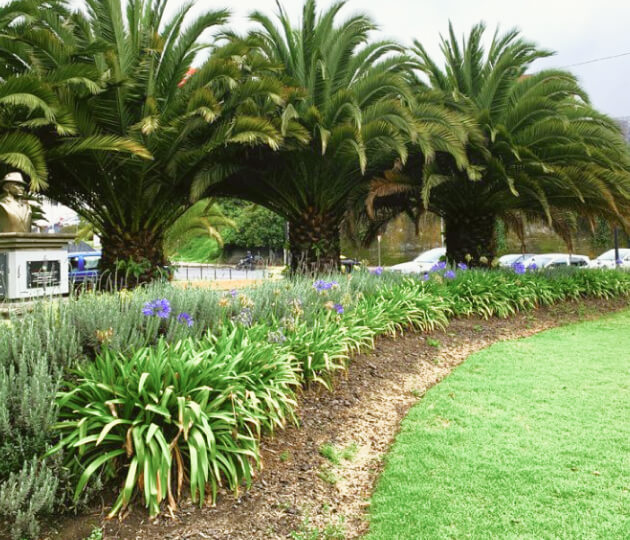
Our Work
We conserve nature alongside indigenous peoples, local communities, and local groups.
- We promote initiatives that safeguard biodiversity and empower local peoples and communities to manage their resources sustainably.
- We focus on ensuring the governance of territories and their ecosystems.
- We work to achieve food sovereignty and water access, recognizing cultures, traditions, and ancestral knowledge.
- We believe that proximity to and access to quality green spaces and public areas improve people's lives and guarantee the right to the city.
Fields of work
Iloculin Llanganates Biocultural Reserve
This space promotes alternative development models in the Amazon by minimizing the impacts of outside forces like mining and deforestation.

Ecological Restoration of Urban Green Spaces and Public Areas
- We restore urban landscapes and Andean ecosystems with sustainable mechanisms, promoting traditional uses of native flora with local communities.
- We improve life in urban environments by addressing social and environmental problems, building sustainable actions with citizen participation to design, create, and restore public spaces and green areas, preserving biodiversity.
Our achievements

Conservation
Declaration of the Iloculin Llanganates Biocultural Reserve as a Protected Forest and its incorporation into the National System of Protected Areas (SNAP) recognized by the State.
Creation of a Scientific Station functioning as the central hub for conservation actions in the Reserve.
The conservation of more than 300 hectares of primary forest along the perimeter of the National Park Llanganates.
Protecting two rivers, Iloculin and Pibi, which are of vital importance for the Alto ichthyographic area, specifically for the Jatun Yaku and Anzu rivers micro-basins. These two micro-basins constitute the main hydrological outlets that feed the Napo river. Additionally, we safeguard more than 10 water springs within the Reserve.
We promote and support the establishment of a “Hydrological Protection Area” recognized by the State, extending from the headwaters of the Iloculin and Pibi rivers to the lower region of the Jatun Yaku river micro-basin. This area ensures food security for the communities that rely on these riversm while upholding respect for the rights of nature.
We ensure the safeguarding of a 1381 m² lake which hosts amphibian and fish species crucial for maintaining ecosystem equilibrium.
The conservation of 105 reptile species and 180 amphibian species, from which, a frog has been registered in the Reserve as Boana nigra, and as an threatened species in the IUCN’s Red List of Threatened Species.
Important ichthyological findings have been registered at the Reserve, notably two “electric fish”, also called knifefish of the Porotergus genus. Their characteristics do not match the three currently described species (de Santana & Campton, 2010), suggesting that they may represent a species not yet described by science.

Alliances
A convention established with Universidad San Francisco de Quito (USFQ) to monitor biodiversity and conduct water quality controls.
Long-term agreements with the Kichwa community of Serena & San Pablo for them to be key actors of the undertaken actions within the Reserve.
Monitoring collaboration agreements with the Ministry of Environment, Water and Ecological Transition – MAATE.
Interinstitutional cooperation agreements with Civil Society focused on ensuring the rights of Indigenous Peoples and nature.

Local capacity building and productive development
Training strategies for local biologists.
Monitoring strategy for mining activities and water quality.
Productive development alternatives for the Kichwa communities in the Reserve’s action area.
Establishment of strategic alliances with key civil society actors, such as NGOs as well as private and public sector stakeholders to foster and promote the already initiated processes in the Napo Province related to productive initiatives on bioeconomy and circular economy. These alliances will seek to provide sustainable production models integrating the bioeconomy principles, promoting the responsible use of natural resources.

Urban actions
Landscaping public spaces and green areas along the Metropolitan District of Quito.
Agreement with the Museo de la Ciudad (City Museum) for the landscaping and museum display of its courtyards and gardens.
We support the Recorridos Con Sentidos initiative, the first space for early childhood in Quito and its replica in five neighborhoods of the Metropolitan District.
Supporting the implementation project for a community composting station Club del Compost and the management model for organic waste in the Bellavista neighborhood.
We support the maintenance of Plaza Argentina until 2024.
Sustaining a nursery for endemic species in the southern part of the city of Quito.

Where do we work?
At the present we have initiative in the Metropolitan District of Quito and the NApo Province.

